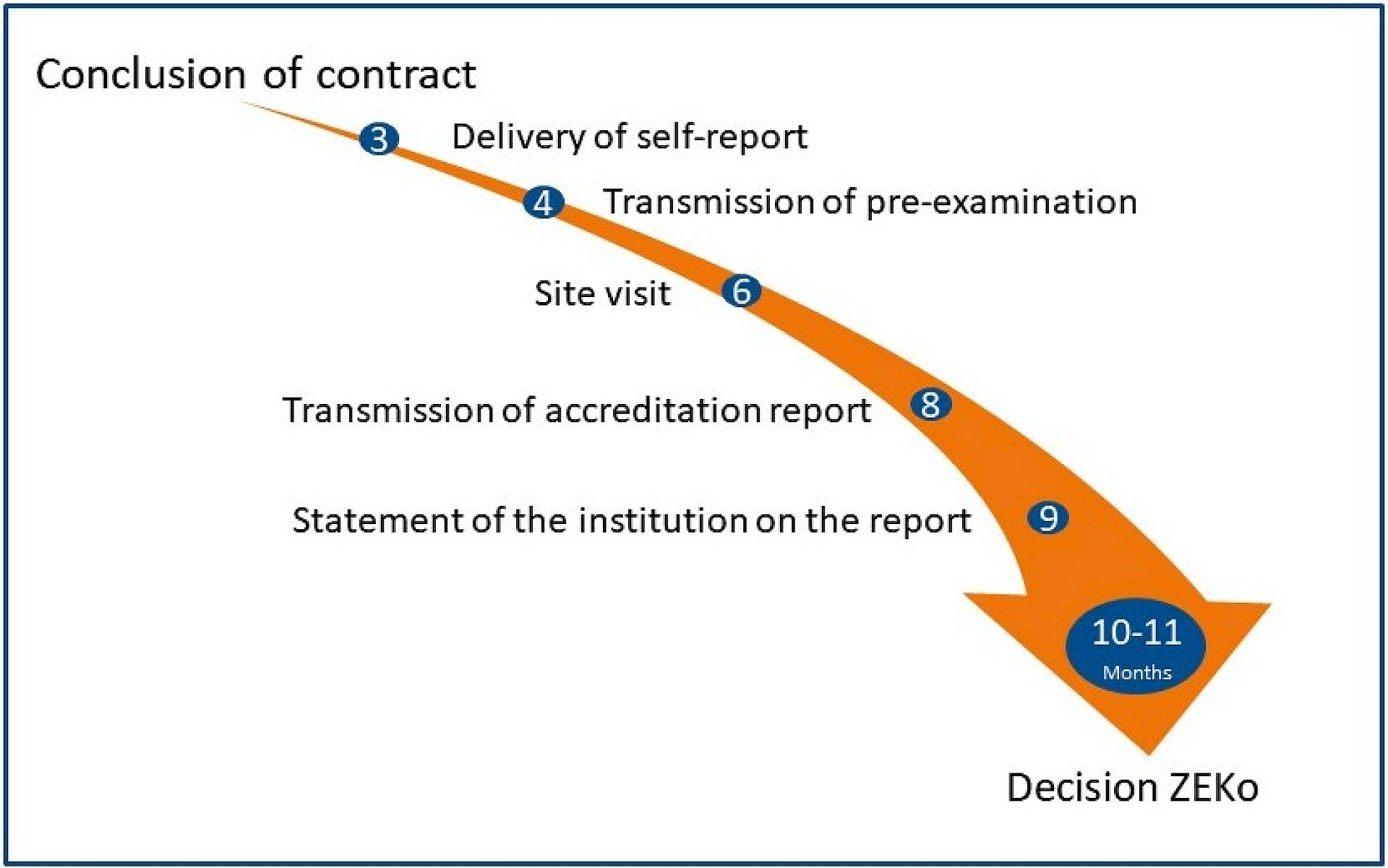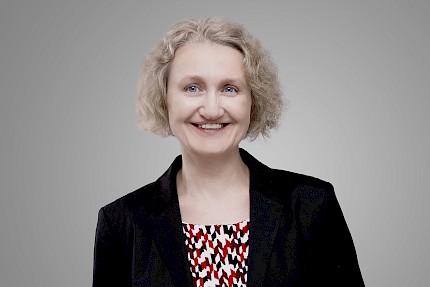International Programme Accreditation
WHAT is International Accreditation? – Subject & Goals of the Assessment
International accreditation certifies that your study programmes are in line with the Standards and Guidelines for Quality Assurance in the European Higher Education Area (ESG).
The accreditation procedure should not be misunderstood as a benchmarking exercise. Rather, it is primarily about assessing whether your study programmes and student learning environment are fit to achieve their goals and purposes.
In particular, the focus of the assessment lies on
- The qualification goals of the programmes
- Qualification levels, contents and curricular design
- Learning environment and student support
- Methods of teaching and assessment
- Information policy and transparency
- Quality assurance of the programmes
By assessing these key aspects, the experts draw conclusions on whether the programmes live up to the standards of the global scientific community and identify possible potential for improvement.
WHY International Accreditation? – Aims and Benefits
By obtaining international accreditation you can
- sharpen your international profile: attract more international students and boost the international mobility of your students and staff
- increase trust in your institution and its programmes
- receive valuable input and recommendations from high-profile international peers
- take an opportunity for critical self-reflection and further enhancement of your study programmes.
HOW does International Accreditation work? – Procedural Design
The accreditation procedure follows the core principles of the ESG:
- Peer reviews: the programmes are assessed by an international panel of qualified and experienced experts from inside and outside academia. Each panel includes at least one student expert.
- Two-step assessment involving a written self-evaluation report and a two to three day site visit of the experts at the university campus
- Accreditation decision by an independent commission (ZEvA Commission).
- Accreditation period of six years. The university receives accreditation certificates and may use the ZEvA quality label for marketing purposes.
For detailed information, please refer to our guidelines
Procedure
The following diagram shows an example of the procedure. The time frame may vary from case to case and can be adapted to fit the needs of the higher education institution and the procedure.

Complaints and Appeals
For the possibility of filing a complaint or an appeal against a formal decision, see here.
International Programme Accreditation with ZEvA
If you would like to receive an offer for a programme accreditation procedure, please contact the Head of International Affairs.

I am at your disposal for any questions at any time!
Anja Grube
Head of System Accreditation and International Affairs

